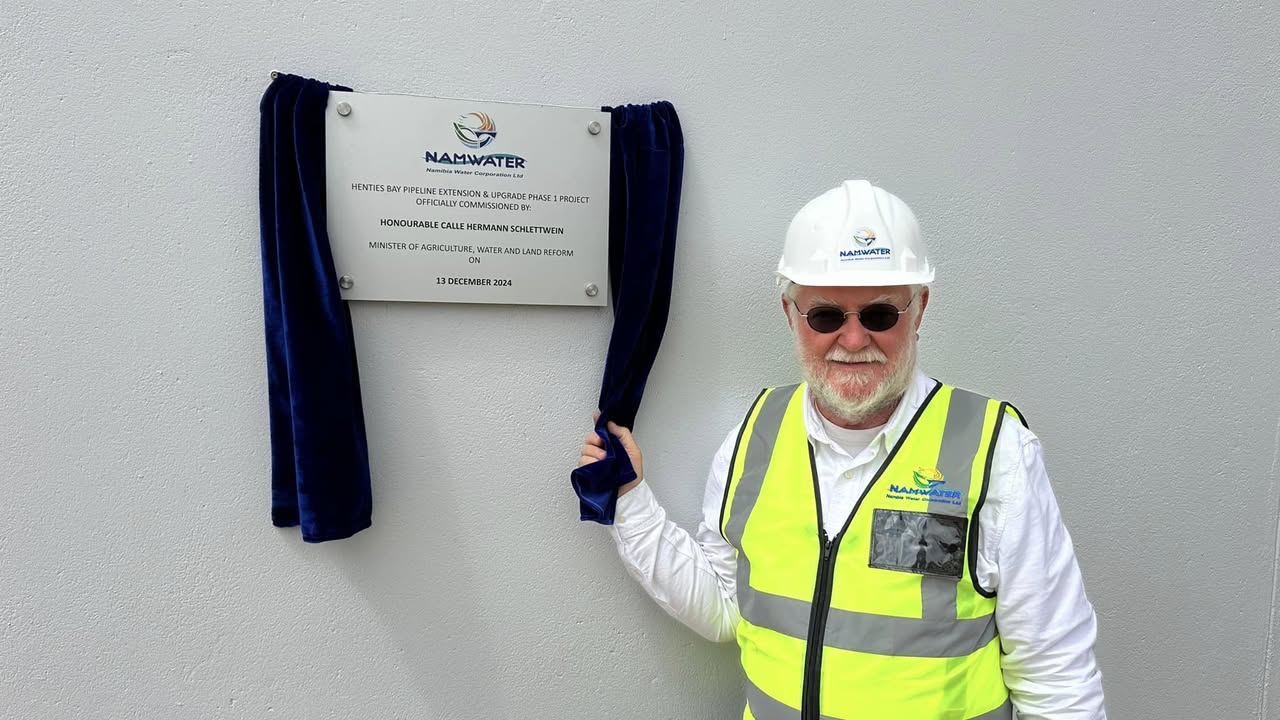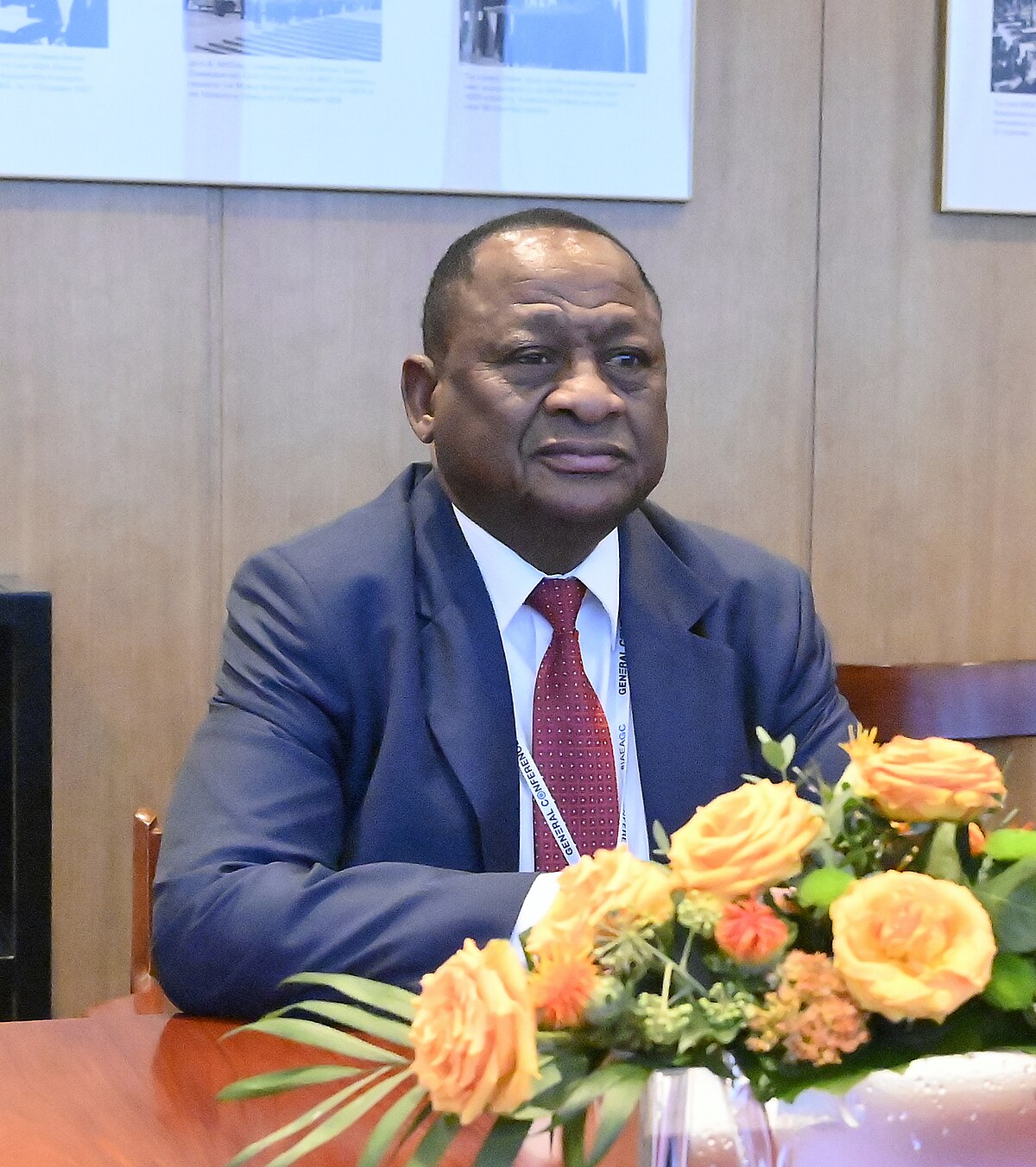ANGLO American’s empowerment credentials took another hit last week with the news of the exit of its top black executive director, Kuseni Dlamini, to join Old Mutual South Africa as chief executive, which added to the snub of the government’s call for the appointment of a black South African chairman the previous week.
Sandile Nogxina, the Department of Minerals and Energy director-general, declined to comment on Friday about Dlamini’s departure.He did confirm that the department had broached the topic of Anglo appointing a black deputy chairman with chief executive Cynthia Carroll.Dlamini’s exit could pave the way for the termination of the position of head of Anglo American South Africa and the appointment of a black deputy chairman for the Anglo group.Pranill Ramchander, an Anglo spokesman, said that Dlamini’s former position was being reviewed.Another interpretation of the events at Anglo is that of Black Management Forum president Jimmy Manyi, who believes that the company’s failure to appoint a black chairman points to racism at the group.Racism can be a hard thing to prove. However, a recent interview with Graham Boustred, Anglo’s deputy chairman up to 1997, made public how the Anglo old guard probably thought about race and gender.Boustred said he would not mind going to the Isle of Man where ‘there are no Muslims and no blacks’ and it was ‘difficult to find a female chief executive’ because ‘most women are sexually frustrated’.Another mark against Anglo is that, out of the top 10 largest companies listed on the JSE by market value, the group has the third-lowest level of black representation on its board behind BHP Billiton and British American Tobacco (BAT), which have none.However, its local operations are much more significant to Anglo in terms of earnings and employees than those of BHP Billiton and BAT.This compares with MTN, which has a black chief executive and chairman, and five out of its 11 board members are black.Question marks can also be raised about the fact that Anglo has avoided appointing local black people to executive positions that give direct control over all of its local mines.The first attempt by Anglo to install a black executive overall in charge of its local mines, so as to placate the government, was in October 2003 when the group hired Lazarus Zim. Ultimately, he became chief executive of Anglo SA, the position now vacated by Dlamini.However, Anglo was criticised for turning Zim into nothing more than a government relations man.In February 2006 Zim resigned to played a part in Anglo Platinum’s empowerment deal from outside the group.When Dlamini was appointed as head of Anglo SA in July last year he denied he would become the company’s next ‘transformation man’ and instead would be responsible for ‘all local operational and strategic issues’.Yet on Friday he said the position of Old Mutual SA chief executive was ‘much more compelling’. The fact that Dlamini’s new position at Old Mutual is more compelling than his old position at Anglo raises a question mark as to how much responsibility he felt he had in that position. – Business Report
Stay informed with The Namibian – your source for credible journalism. Get in-depth reporting and opinions for
only N$85 a month. Invest in journalism, invest in democracy –
Subscribe Now!






